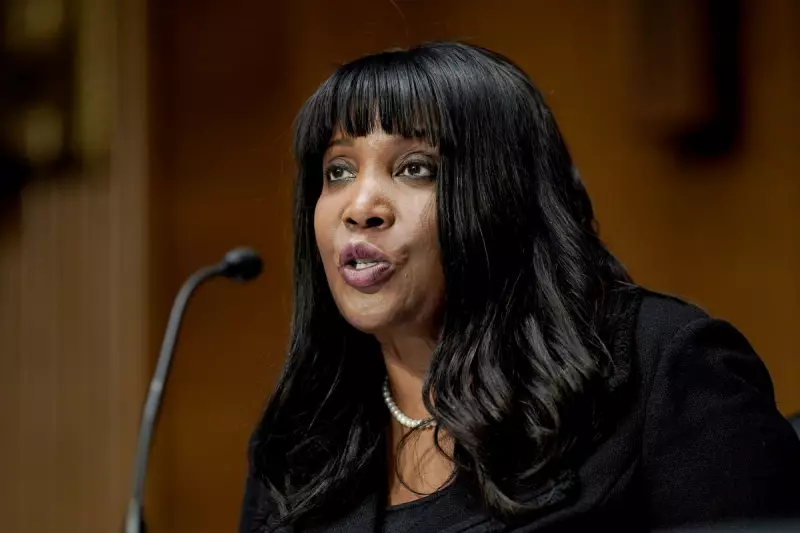
In a move that has sent ripples of alarm through the global financial community, former US President Donald Trump has declared his intention to remove Federal Reserve Governor Lisa Cook immediately if he wins the November election. This unprecedented threat directly challenges the long-cherished independence of America's central bank from political interference.
The declaration, made during a wide-ranging interview, marks a significant escalation in Trump's long-standing feud with the Fed. He has frequently criticised the institution's chairman, Jerome Powell, for raising interest rates during his first term and for not cutting them more aggressively in the current economic climate.
An Unprecedented Breach of Norms
Governor Cook, a respected economist and the first Black woman to serve on the Fed's board of governors, was appointed by President Biden in 2022. Her term is legally set to run until January 2038, a tenure designed to insulate her from the political cycle. Trump's promise to fire her would constitute a radical and legally dubious breach of established norms, as Fed governors are intended to be protected from political removal to ensure monetary policy decisions are made for the economic good, not political gain.
This threat raises profound questions about the stability and predictability of US economic policy under a second Trump administration. Investors and economists have long relied on the Fed's independence as a cornerstone of global financial stability.
Market Jitters and Broader Implications
The announcement has already begun to unsettle markets, creating new uncertainty about the future of interest rates and inflation control. Analysts suggest that a politicised Federal Reserve could lead to erratic policy shifts, potentially fuelling inflation or causing unnecessary economic contractions based on political whims rather than economic data.
Trump's pledge is not an isolated incident but part of a broader pattern of criticising institutions he perceives as obstacles. His promise to 'demote' Jerome Powell and his general hostility towards the Fed's current policy direction signal a potential overhaul of the world's most powerful financial institution, with global consequences.
The coming months will see intense scrutiny on how this threat influences voter sentiment and whether it triggers a broader debate about safeguarding the independence of key economic institutions from political power.





